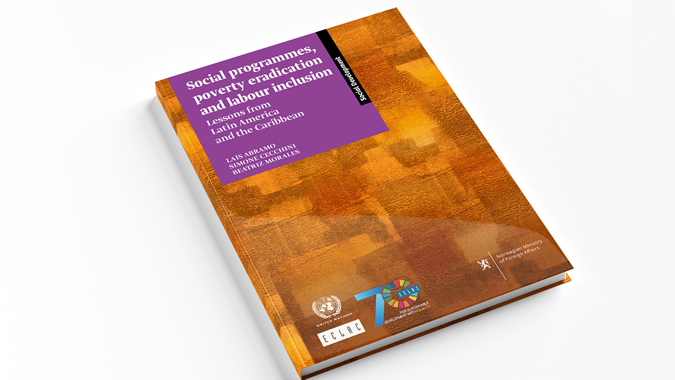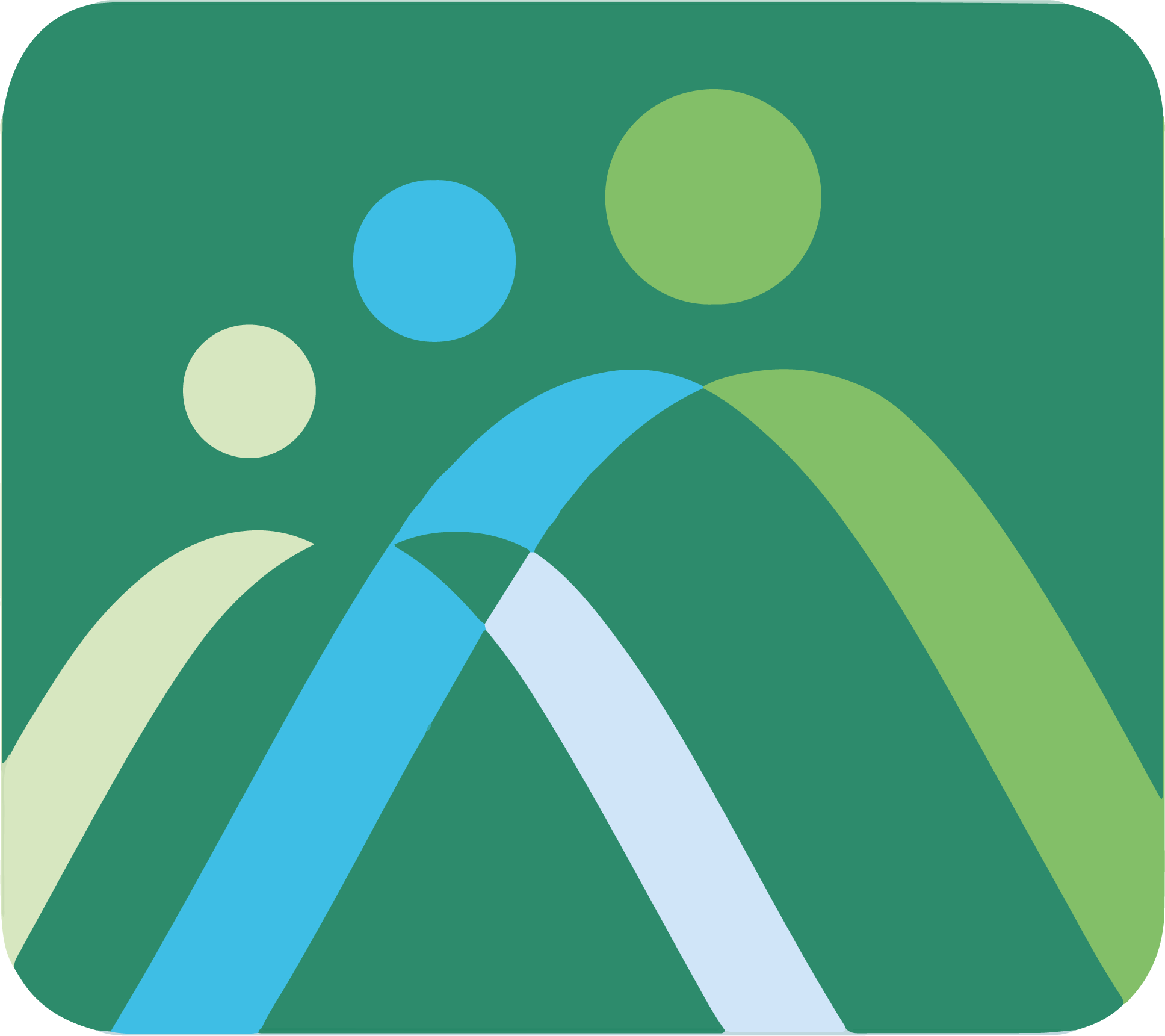ECLAC: Working Does Not Guarantee Overcoming Poverty in Latin America and the Caribbean
Work area(s)
A new book published by the United Nations regional organization analyses the importance of non-contributory social protection programmes in the region.

“Having paid employment – whether as a wage earner or a self-employed person – is no guarantee of escaping poverty in Latin America and the Caribbean,” the Economic Commission for Latin America and the Caribbean (ECLAC) warns in a new book entitled Social programmes, poverty eradication and labour inclusion: Lessons from Latin America and the Caribbean.
According to the document, the problem lies in that men – and especially women – who live in situations of poverty are not able to access decent work: they frequently work in low-productivity sectors, in often unsafe environments, without their basic rights being respected and without earning enough to guarantee subsistence levels or a better future for themselves and their families.
In this context, “non-contributory social protection programmes are a core component of poverty eradication policies and strategies in the countries of the region,” ECLAC underscores, while calling for “deconstructing the idea that ‘laziness’ is the main cause of poverty” when designing and implementing public policies for social and labour inclusion.
The publication examines three types of non-contributory social protection programmes (primarily intended for persons living in poverty or extreme poverty and/or vulnerable situations): conditional cash transfer programmes, labour and productive inclusion programmes, and social pensions.
Conditional cash transfer programmes were introduced in the mid-1990s in the region, and today there are 30 of them in 20 different Latin American and Caribbean countries. In 2017, these programmes covered 20.7% of the region’s total population, meaning 133.5 million people living in 30.2 million households.
In parallel, according to the Non-contributory Social Protection Programmes Database managed by ECLAC, at least 72 labour and productive inclusion programmes were being implemented in 21 of the region’s countries as of December 2017. Meanwhile, the coverage of social pensions increased from 11.7% of people aged 60 and over in 2000 (corresponding to 5 million people) to 25.1% in 2017 (19.3 million people).
These programmes, the book sustains, not only seek to improve the income of participating families, but also to promote access to social services and foster decent work – which are key elements for moving towards greater levels of inclusion and participation in the benefits of development and the exercise of rights.
According to the latest data included in ECLAC’s report Social Panorama of Latin America 2018, 30.2% of Latin America’s population found itself in situations of poverty in 2017 (with 10.2% of this total living in extreme poverty). Likewise, Latin America and the Caribbean continues to be the most unequal region in the world.
“Despite the persistence of certain approaches that favour a minimal State, the subsidiarity principle, market pre-eminence and relegation of social policy to the margins, it is becoming increasingly evident that this route cannot reduce inequality or poverty and that institutions and social policies are needed to tackle the problems of the current development pattern and the challenges arising from global shifts,” Alicia Bárcena, ECLAC’s Executive Secretary, underlined in the publication’s foreword.
The book, which was produced in the framework of the activities of a project on Technical and vocational education and training for greater equality in Latin America and the Caribbean (implemented by ECLAC and the government of Norway), also represents a contribution to the exchange of experiences and deliberations of the Regional Conference on Social Development in Latin America and the Caribbean, a subsidiary body of the Commission.
Related content
Related event
Type
Country(ies)
- Latin America and the Caribbean
Related link(s)
Related project(s)
Contact
Public Information Unit
- prensa@cepal.org
- (56 2) 2210 2040



